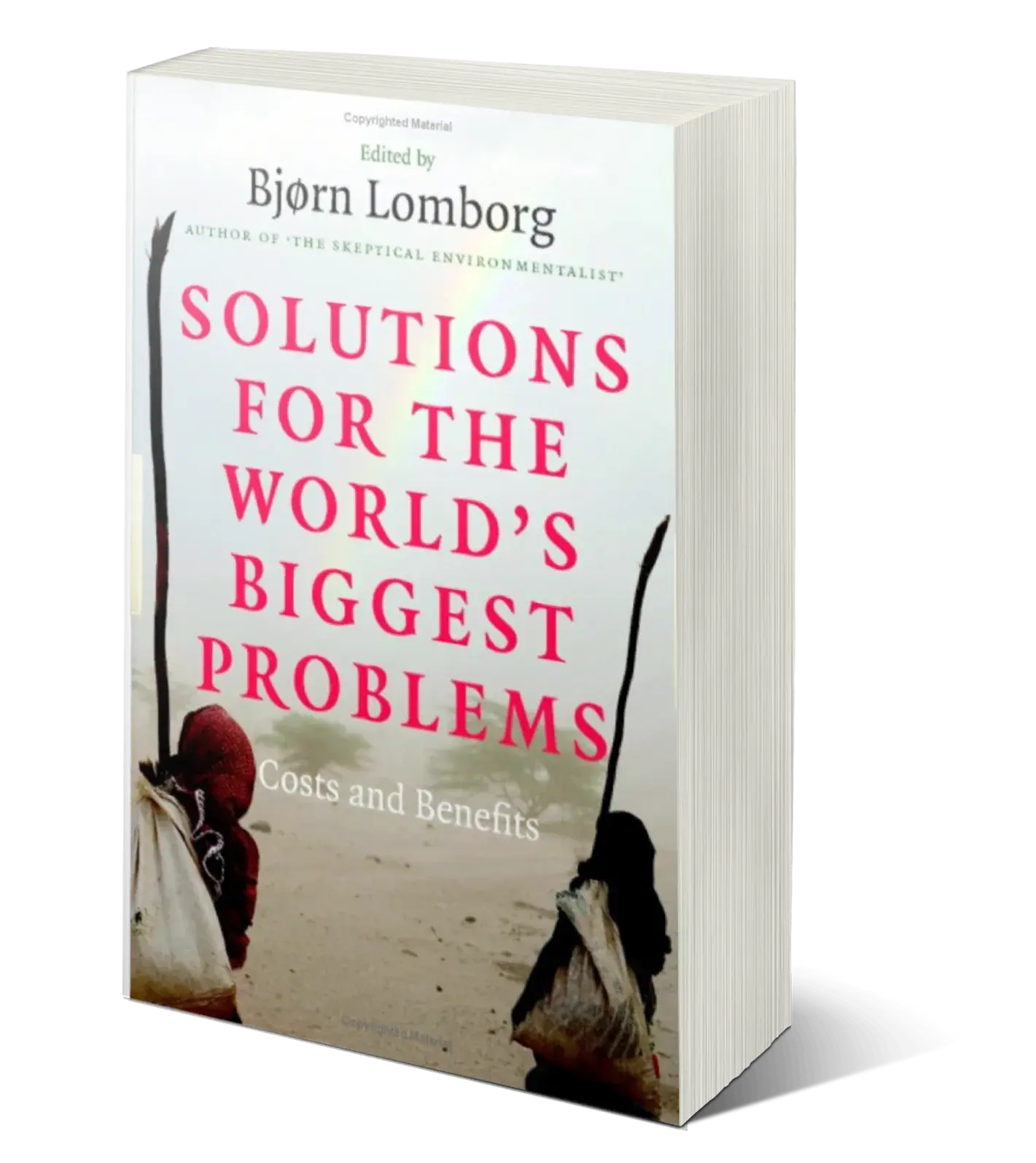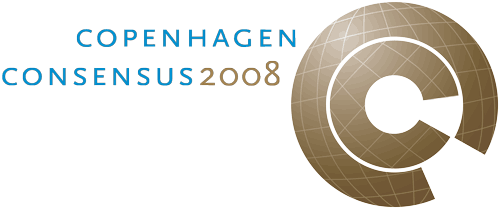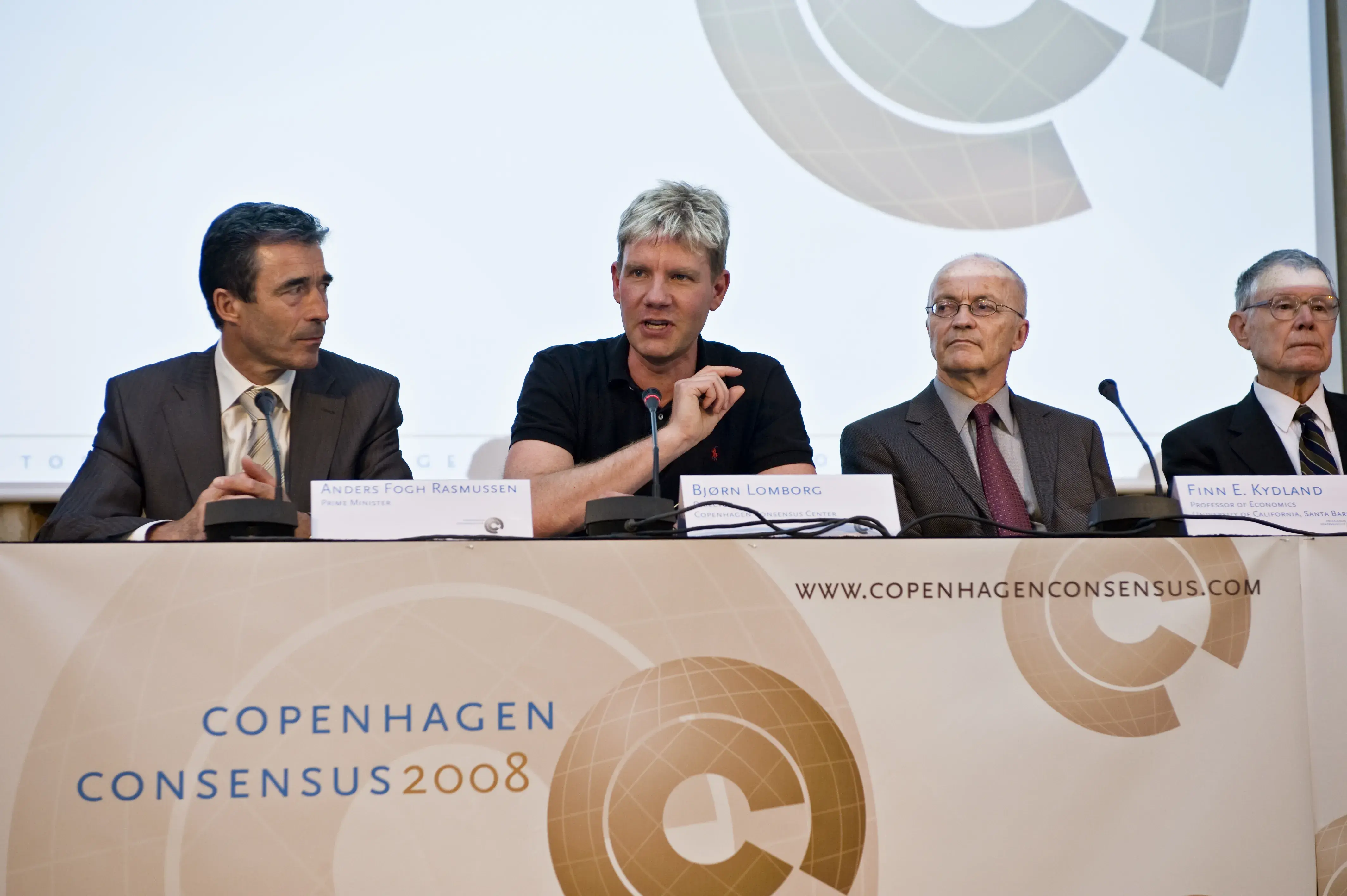Copenhagen Consensus II
The Copenhagen Consensus exercise started as a simple but untested idea of prioritizing global opportunities. In 2004, the process was carried out for the very first time and ended with a successful list, compiled by some of the world’s top economists, attracting attention from all over the world. Since 2004, the Copenhagen Consensus Center has carried out several similar exercises, e.g. for UN ambassadors in 2006 and in Latin America.
The ambition is to carry through a global Copenhagen Consensus exercise every fourth year similar to the Olympics. This ensures that new, important challenges and solutions are included in the process and that research is updated.
A new global Copenhagen Consensus took place 25-30 May 2008. Once again it took stock of the world’s biggest problems and their solutions. The basic idea was the same as used in our first Copenhagen Consensus:
Imagine you had $75bn to donate to worthwhile causes. What would you do, and where should we start?
An expert panel of 8 outstanding economists, as in 2004, delivered a ranked list of the most promising solutions to ten of the most pressing challenges facing the world today.
Around 55 of the world’s leading economists and specialists in the ten challenges was involved in the project. For each of the ten challenges a group of three people and two commentators compiled up-to-date analysis of the solutions. Altogether, the papers ensured the best possible foundation, including costs and benefits estimates, for the prioritization of the solutions.
The conclusions from the roundtable was meant to be an eye-opener for policy-makers all over the world, and to act as a vehicle for improving decision-making on spending on global issues.
Global Crises, Global Solutions
Global Crises, Global Solutions compiles the research of the 2008 Copenhagen Consensus research. This volumes provides the background to the project as well as insight into the researchers' findings. It was published by Cambridge University Press and is available in both hardcover and softcover editions.
Solutions for the World's Biggest Problems
Solutions for the World's Biggest Problems offers a rigorous overview of twenty-three of the world's biggest problems relating to the environment, governance, economics, and health and population. Leading economists provide a short survey of the analysis and sketch out policy solutions for which they provide cost-benefit ratios.Published by Cambridge University Press, Solutions for the World's Biggest Problems is available in hardcover, softcover, and Kindle editions.



